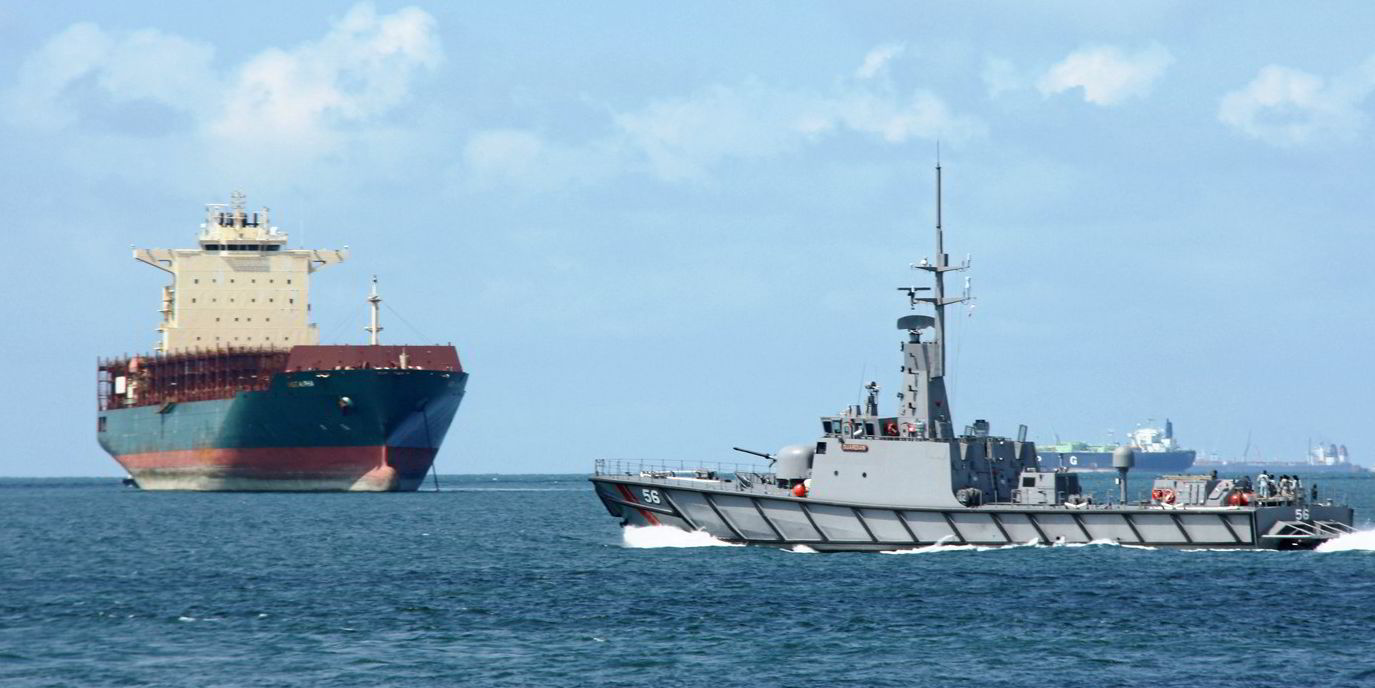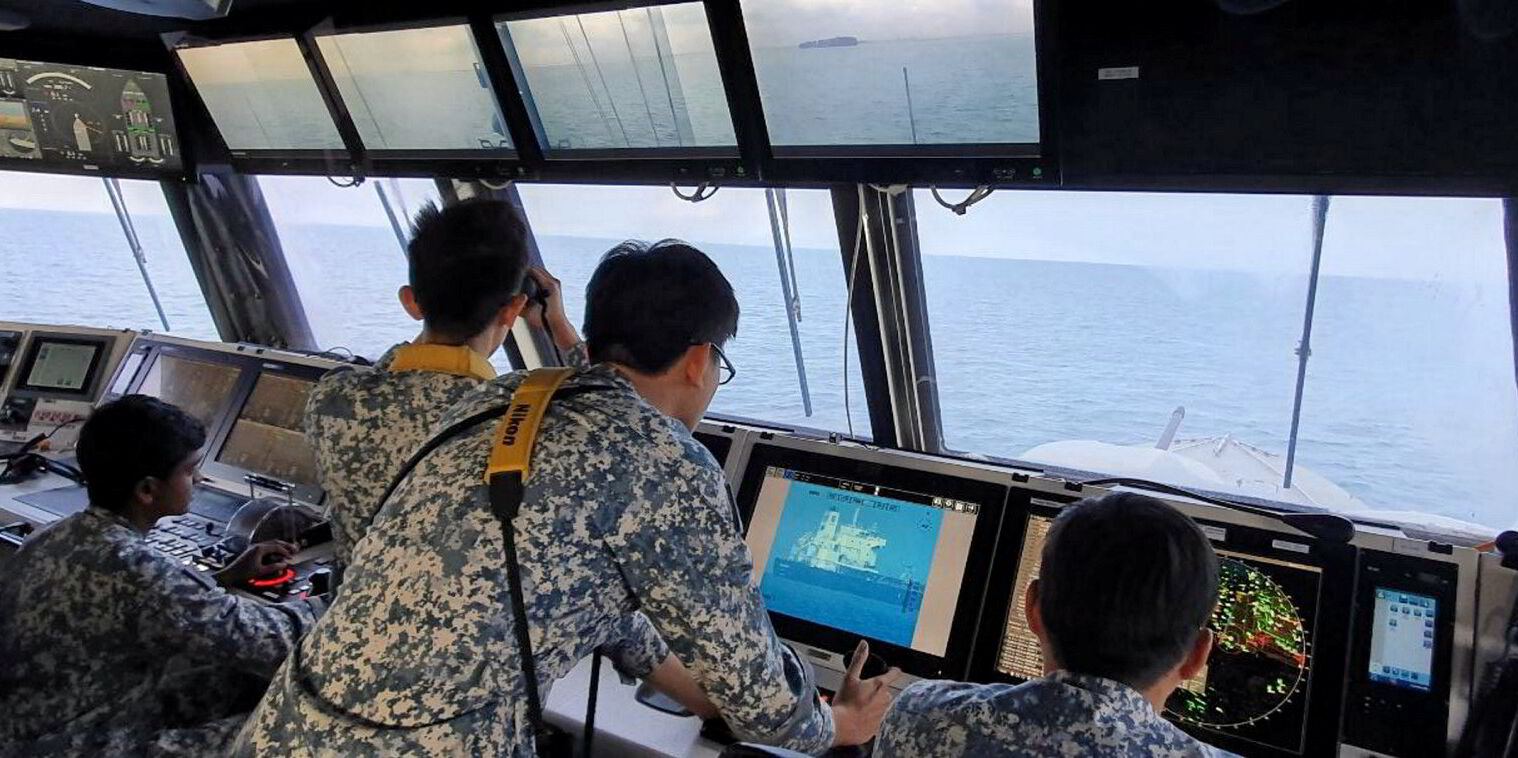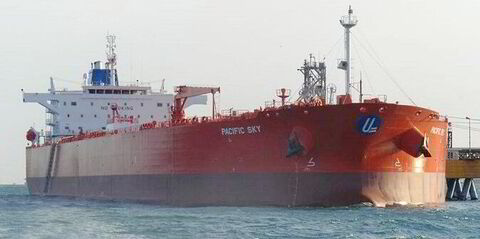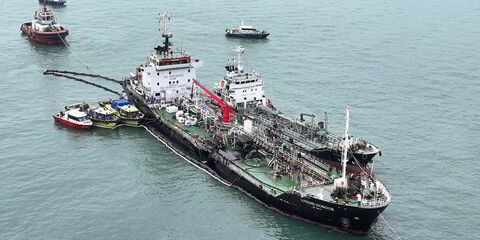Attacks on shipping in Asia’s most important strategic waterway were almost cut in half in the first six months of 2024, the latest data shows.
A total of 21 incidents were reported in the straits of Malacca and Singapore between January and June, a 49% decline compared with the corresponding period last year.
Krishnaswamy Natarajan, executive director of the Singapore-based Regional Cooperation Agreement on Combating Piracy and Armed Robbery against Ships in Asia (ReCAAP) Information Sharing Centre, which compiled the figures, attributed the improvement to a step up in enforcement and arrests by littoral states.
In most cases, about 81%, the crew was not injured. However, in 14% of the incidents crew members were tied up. In a further 5% of incidents crews suffered “minor injuries”, ReCAAP said.
In nearly 40% of the incidents in the straits, the perpetrators escaped empty-handed. Items such as engine spares were taken in 48% of the incidents, while ship stores and unsecured items were taken in the remaining 12% of incidents.
Most of the reported incidents, some 81%, took place on board bulkers. The remaining incidents targeted either tugs towing barges or offshore structures, or chemical tankers.
The total number of incidents across the whole of Asia in the first half of the year was down 16% year on year to 51, according to ReCAAP.
“The majority of incidents are generally opportunistic theft committed by perpetrators who are non-confrontational and who adopt a ‘hit-and-run’ approach,” it said.
“In most incidents, the criminals board ships that are ill-prepared, have low freeboard, and manoeuvre at slow speed in restricted areas of the strait.”
Despite the lower number of incidents, ReCAAP said there was a higher number of incidences of petty theft reported at some ports and anchorages in Asia.
“There is a need for port authorities to identify gaps in security measures and enforce the International Ship and Port Facility Security Code more strictly,” it said.
“Ship crew also needs to be more vigilant when their vessels are anchored or berthed. In addition, coast guards need to look out for suspicious small boats loitering around port areas and take action to prohibit barter trade of ship stores and equipment.”(Copyright)





